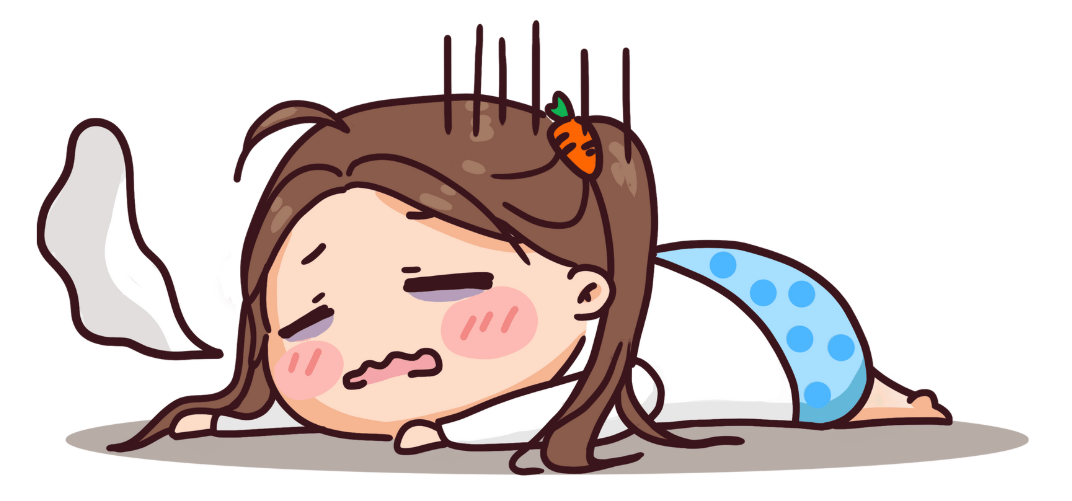
When Rest Isn’t Enough: Understanding Emotional Fatigue
You’ve slept enough, taken a break, and even spent a weekend away from work, yet you still feel tired. Not just physically exhausted, but emotionally drained, unmotivated, and disconnected from the world around you. This is not simple tiredness; it might be emotional fatigue.
Emotional fatigue is a state of deep exhaustion that affects both the mind and body, often resulting from prolonged stress, emotional demands, or caring for others without adequate time to recharge. Unlike physical tiredness, it doesn’t go away with a good night’s sleep. Instead, it seeps into your thoughts, emotions, and behavior, leaving you feeling like you have nothing left to give.
What Is Emotional Fatigue?
Psychologists describe emotional fatigue (or emotional exhaustion) as a core component of burnout, a state of chronic emotional depletion caused by long-term stress. It occurs when your emotional resources are stretched beyond capacity, and even small challenges begin to feel overwhelming.
Common signs include:
- Persistent tiredness even after resting
- Increased irritability or emotional numbness
- Difficulty concentrating or making decisions
- A sense of detachment or apathy toward things you used to enjoy
- Feeling unmotivated or hopeless about the future
While anyone can experience emotional fatigue, it is particularly common among caregivers, professionals in helping roles, individuals facing prolonged uncertainty, and those juggling multiple responsibilities without adequate emotional recovery.
Why Rest Isn’t Always Enough
Emotional fatigue is not only about how much you’re doing, it’s also about what you’re doing and how much of yourself you’re giving. When you’re constantly managing emotional demands, such as supporting others, dealing with stress, or suppressing your own emotions, your mind remains in a heightened state of alertness. Even when you rest physically, your brain may still be processing, worrying, or anticipating the next challenge.
Research in psychology shows that emotional exhaustion is closely tied to chronic activation of the stress response system. When cortisol (the stress hormone) remains elevated for long periods, it can lead to mental fog, low mood, irritability, and even physical symptoms like headaches or body aches. Over time, this can create a feedback loop, emotional exhaustion increases stress, and stress deepens exhaustion.
The Hidden Cost of Emotional Fatigue
When left unaddressed, emotional fatigue can affect how you think, feel, and behave. It can:
- Reduce your ability to empathize with others, leading to emotional detachment.
- Impair your performance at work or studies by draining motivation and focus.
- Strain relationships as irritability and withdrawal become coping mechanisms.
- Increase vulnerability to anxiety, depression, and burnout.
It’s not just about feeling “tired”, it’s about being emotionally overwhelmed to the point that daily functioning becomes harder. Understanding this helps us move beyond simply “needing rest” to actively rebuilding emotional resilience.
Replenishing Emotional Energy
Recovering from emotional fatigue requires more than sleep or time off; it requires intentional emotional recovery. Here are some evidence-based strategies that can help:
- Acknowledge and Name Your Emotions:
Suppressing emotions might offer temporary relief, but it increases long-term strain. Recognizing and labeling your emotions helps you process them more effectively and reduces their intensity over time.
- Set Clear Emotional Boundaries:
Learn to say no when needed. Whether at work or in relationships, protecting your emotional space ensures you don’t overextend yourself trying to meet everyone’s expectations.
- Engage in Meaningful Recovery Activities:
Not all rest is restorative. Passive rest (like scrolling on your phone) might not recharge you. Active rest, such as walking, reading, or spending time in nature, allows your mind to decompress genuinely.
- Reconnect with Supportive People:
Isolation amplifies emotional fatigue. Talking openly with trusted friends, family, or professionals can lighten the emotional load and help you feel understood.
- Practice Mindful Self-Compassion:
Be gentle with yourself. Replace self-criticism (“I should be stronger”) with self-compassion (“I’m doing my best under difficult circumstances”). This shift fosters resilience and emotional recovery.
- Seek Professional Support When Needed:
Sometimes, emotional fatigue signals a deeper emotional struggle that requires professional care. Therapists can help you identify patterns, set healthier boundaries, and build sustainable coping strategies.
A Gentle Reminder
You cannot pour from an empty cup. Emotional fatigue is not a sign of weakness, it’s a sign that you have been strong for too long without enough rest for your heart and mind. Healing takes time, patience, and the willingness to prioritize your emotional well-being.
At Happy Minds, we understand that emotional exhaustion can feel isolating and heavy. Our team of compassionate mental health professionals is here to support you in understanding your emotions, restoring your balance, and helping you feel like yourself again.
If you’ve been feeling emotionally drained, disconnected, or overwhelmed, you don’t have to face it alone.
Reach out to Happy Minds for a confidential counselling session today.
📞 Call us at +977 9801031443 or visit www.happyminds.health to book your session.
You deserve rest, not just for your body, but for your mind and heart too.
Author: Karmendra Prakash Shrestha
